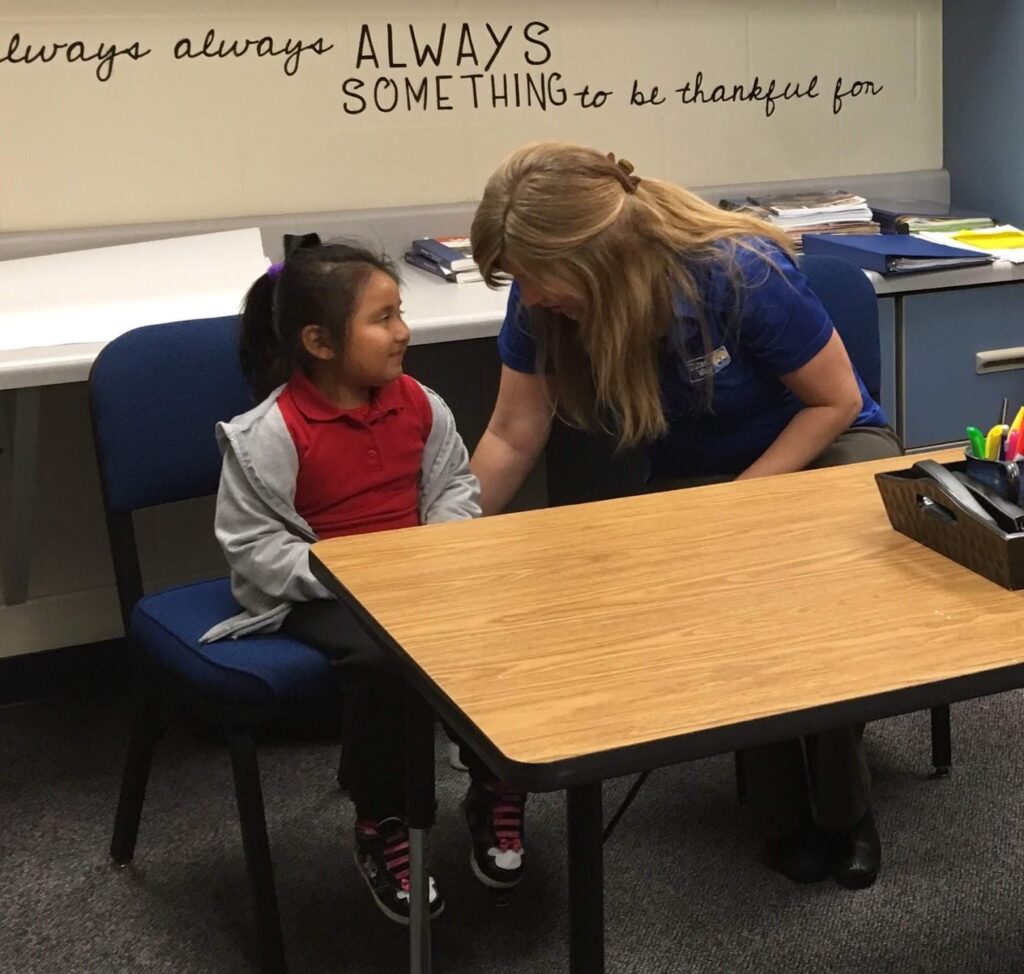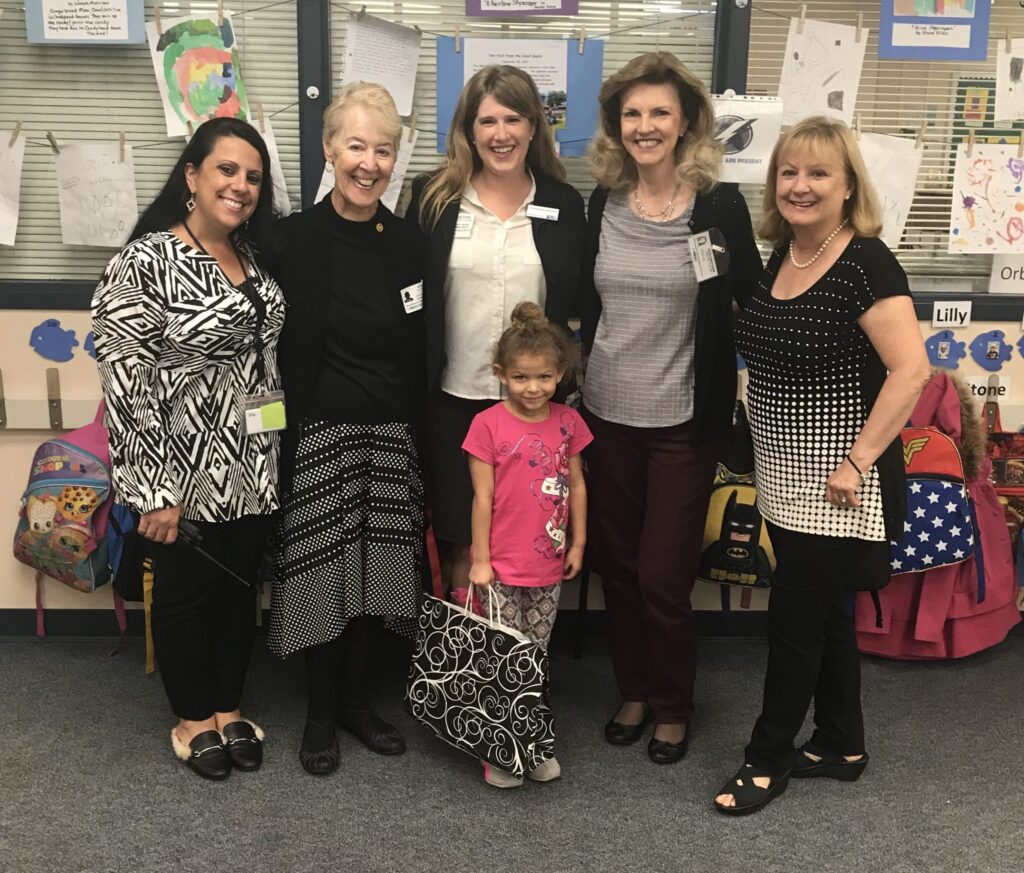Announcer: “Future Problem Solver? Can I get a future problem solver here?”
Me: “Present!”
I’ve been involved in the International Future Problem Solving Program since 1997. I started as a Global Issues Problem Solver in a team and, when my team did not advance to the state bowl, was provided the alternate (individual) spot.
This opportunity changed my entire life.
Future Problem Solving exposed me not just to… well, problem-solving… but also a myriad of topics that low-income, small-town, Iowa public school children were not exposed to… let alone had the opportunity to research and critically write about during a competition. By 8th grade, I was so strong as an individual Future Problem Solver that I became a full-time individual competitor. In high school, I also wrote Future Problem Solving scenarios. The opportunity allowed me to mix research with creative writing and, in some, the ability to formulate solutions and market them in a story. Although Community Problem Solving did not exist during my time as a competitor, CPS is a good way to understand my undergraduate research and the majority of my career.

In 9th grade, I was approached by the Iowa State head evaluator to train and join the evaluation team (as a Middle competitor, I was qualified to evaluate juniors.) My freshman year of college, I was certified to evaluate scenarios and after my senior year I was certified as an International Evaluator. I have evaluated scenarios and GIPs packets at the international level and for half a dozen states ever since.
The combination of Global Problem Solving, Community Problem Solving, and Scenario Writing is analogous to my strongest skills– research, project management, community outreach, and marketing using engaging and meaningful communication.
The Why
I write a lot — and talk a lot–about problem-solving. I also believe it’s important to credit people and programs for their life-changing work.
The Future Problem Solving staff works diligently to tailor the program to our evolving world. Recently, they partnered with the Project Management Institute to better define how the FPS competitions prepare alumni for project management.
I am a clear example of the skills the program helps students develop. So to anyone who benefits from my problem-solving techniques –whether in a job, as a friend, or through my writing– please consider supporting the International Future Problem Solving program.


